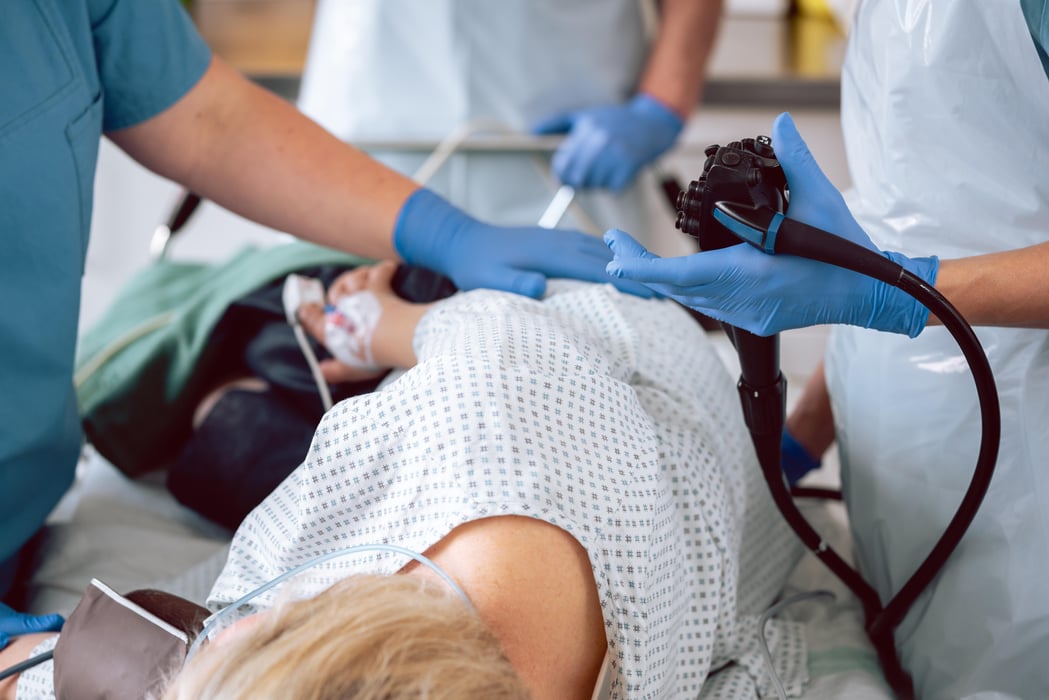Risk for Advanced Neoplasm Low 10+ Years After Negative Colonoscopy

THURSDAY, Jan. 19, 2023 (HealthDay News) -- The risk for advanced colorectal neoplasms (ADNs) 10 or more years after a negative screening colonoscopy is low, according to a study published online Jan. 17 in JAMA Internal Medicine.
Thomas Heisser, from the German Cancer Research Center in Heidelberg, and colleagues assessed the prevalence of ADNs at ≥10 years after a negative screening colonoscopy among 120,298 repeated screening colonoscopy participants in Germany.
The researchers found that at 10 years, the prevalence of ADNs was 3.6 percent in women and 5.2 percent among men, which increased to 4.9 and 6.6 percent, respectively, among those who had a negative colonoscopy ≥14 years prior. Among all screening colonoscopies among patients aged 65 years or older (1.25 million) during the same time period, prevalence was 7.1 and 11.6 percent, respectively. For repeated colonoscopies ≥10 years after a negative colonoscopy, sex-specific and age-specific prevalence rates of ADNs were consistently at least 40 percent lower among women than men, lower at younger versus older ages, and much lower than for all screening colonoscopies (standardized prevalence ratios for cancers: 0.22 to 0.38 among women and 0.15 to 0.24 among men; standardized prevalence ratios for ADNs: 0.49 to 0.62 among women and 0.50 to 0.56 among men).
"Extension of the currently recommended 10-year screening intervals may be warranted, especially for female and younger participants without gastrointestinal symptoms," the authors write.
Related Posts
More Than 2 Million COVID Home Test Kits Recalled Due to False Positive Results
THURSDAY, Nov. 11, 2021 (HealthDay News) -- A recall of Ellume at-home COVID-19...
CDC Warns That Mpox Could Make a Summer Return
TUESDAY, May 16, 2023 (HealthDay News) -- Public health officials are urging...
U.S. Proposes to Make COVID-19 Shot Annual, Much Like Flu Shot
TUESDAY, Jan. 24, 2023 (HealthDay News) -- The U.S. Food and Drug Administration...
Proportion of Outpatient Pediatric Visits With Anxiety Up Over Time
THURSDAY, June 8, 2023 (HealthDay News) -- For pediatric patients, the...
